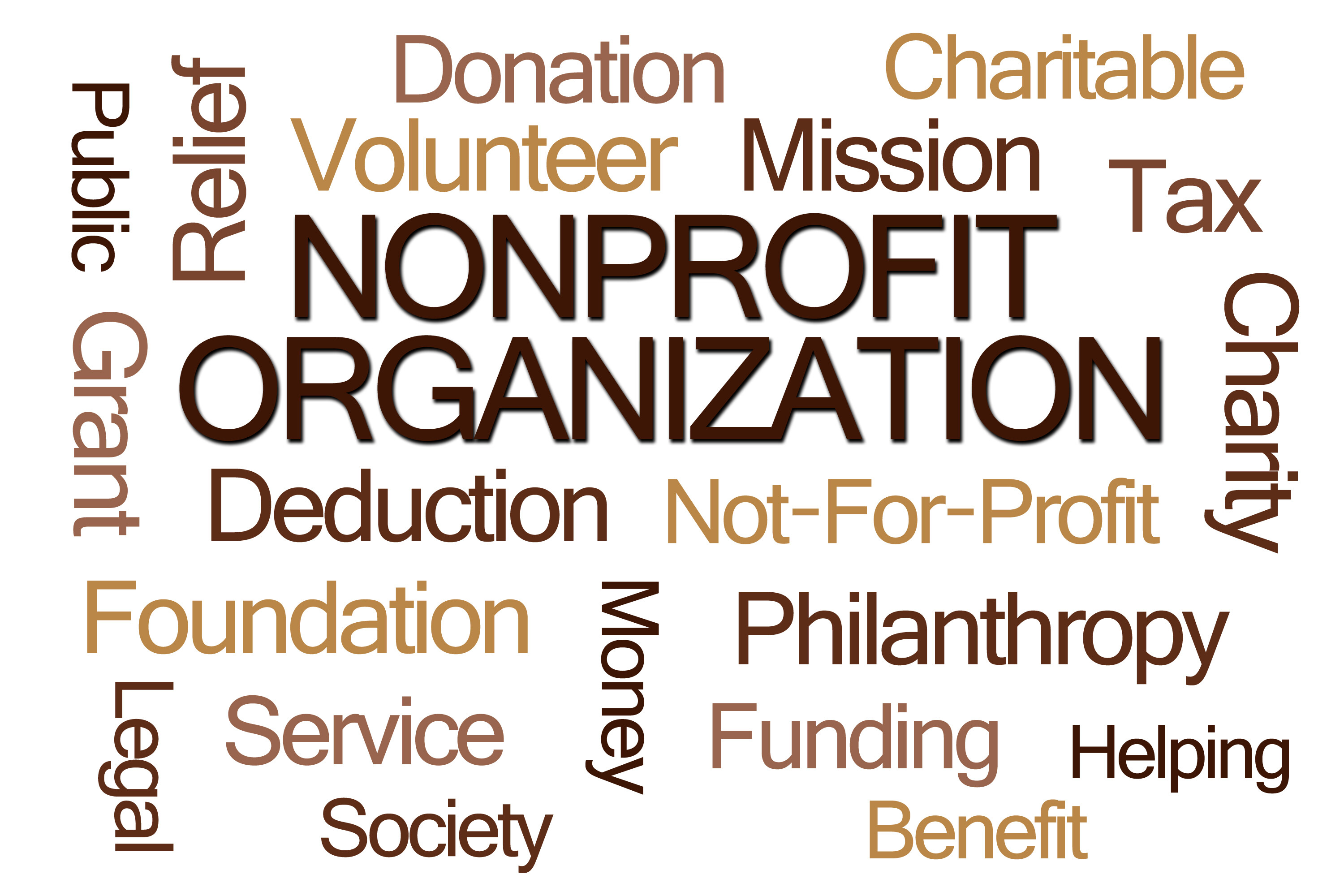HR Best Practices for Non-Profits
Nonprofit organizations are sometimes so focused on their missions that they neglect back-end operations. But if you have staff, whether paid or volunteer, you need centralized human resources services. Click through to learn about the special HR problems nonprofits face.
When you manage a nonprofit, spending money is always an issue. After all, your company is funded by grants and donations, many of which have strings attached. It's your obligation to keep the organization lean and the overhead low. However, the bigger a company gets, the more money it can save by having a centralized department that manages payroll and staffing. It's also a good way to keep employees happy, thereby reducing turnover. So what should you consider as you decide how to add human resources services to your organization?
What does HR do for a non-profit?
HR departments in nonprofits cover a wide range of services. Part of their role is the payroll and recruitment services that all HR departments manage, but there are differences. For one thing, they handle certain thorny matters of documentation and compliance that for-profit companies don't have to. Their staffing services often include managing, motivating and training volunteers; if HR is doing its job right, you'll see higher retention and engagement among your unpaid workers. And like the rest of the organization, they are dedicated to the mission and to creating a company culture that supports it.
Do you need an in-house HR specialist?
For smaller organizations, it may not make sense to have an HR department. Outsourced HR services don't provide all the same services as a full-time professional, but they can be much more affordable. If you choose this option, you may elect to first hire a consultant to create a custom talent strategy for your business. A consultant can help you get a clear idea of what HR services you need and why.
However, if your company continues to grow, it will eventually be more cost-effective and more efficient to hire an in-house specialist either full or part-time. The advantage of an in-house professional is that your specialist will get to know your organization, its goals, and its employees.
What's the end goal?
Small companies, especially ones that are funded with donations and grants, may try to save money by leaving all payroll and hiring decisions to the executive director. However, this is a false savings. Companies can be sued or fined for incorrect payments, unfair hiring practices and other compliance violations whether they are intentional or not. Having HR consultants or an outsourced payroll provider makes it less likely that you'll have to pay.
Good HR services also keep your company on track. The goal of HR is to create a skilled and motivated team, all dedicated to the same goal. HR can keep your company working toward its mission distraction-free.
Looking for HR support for your non-profit? Learn more about our services.


.png)

.png)


Reply a Comment